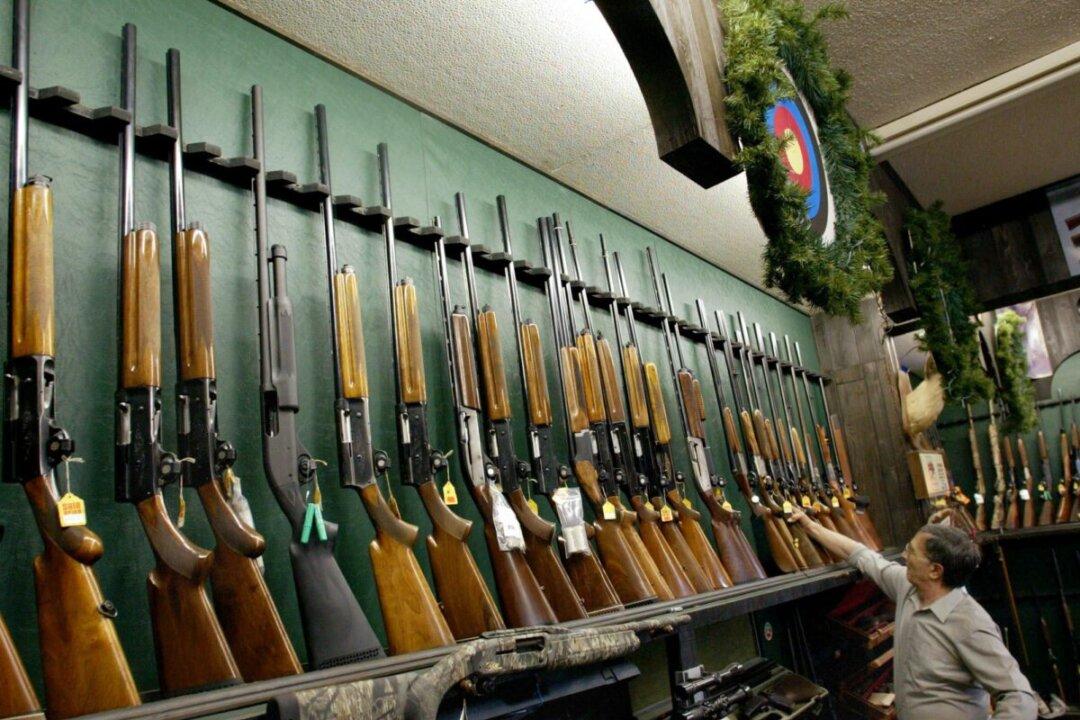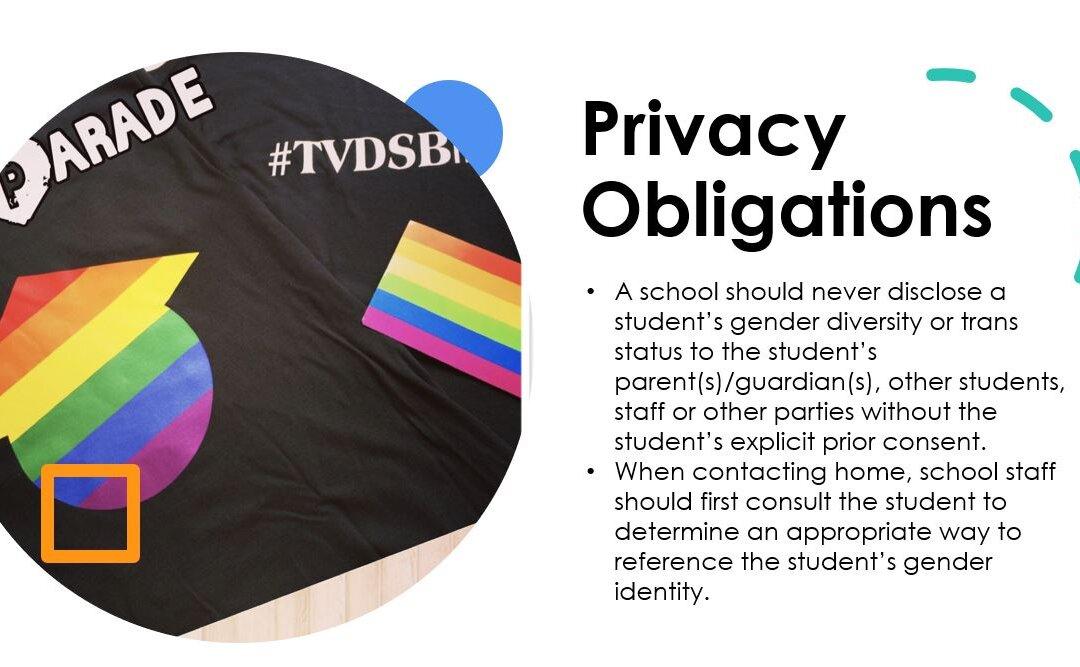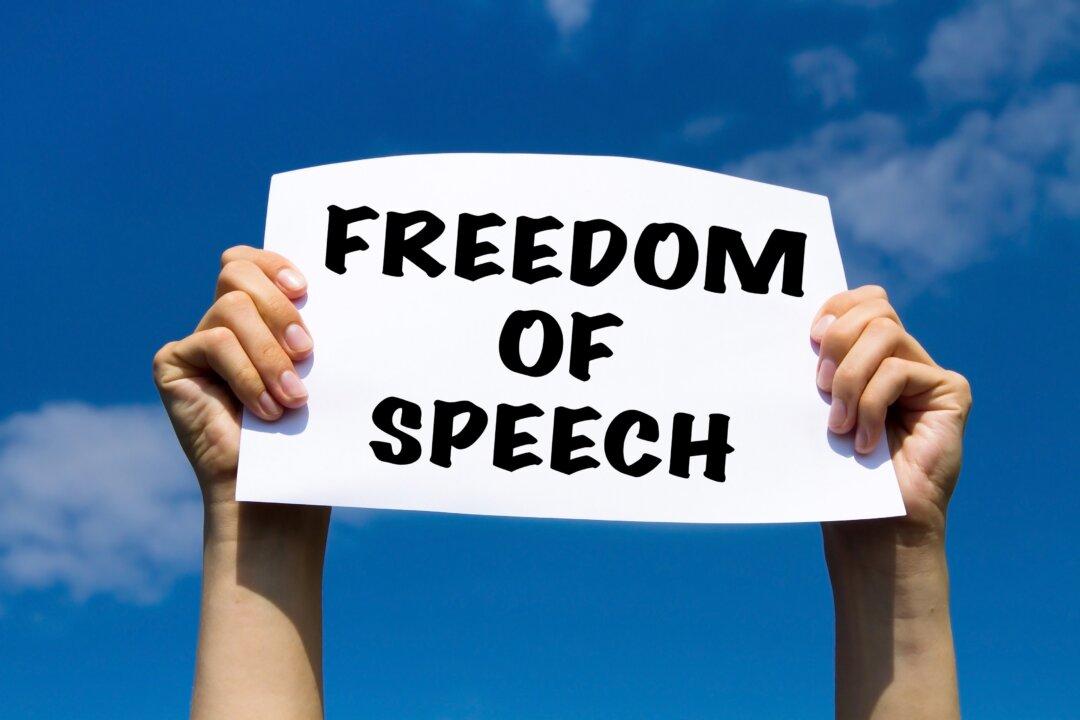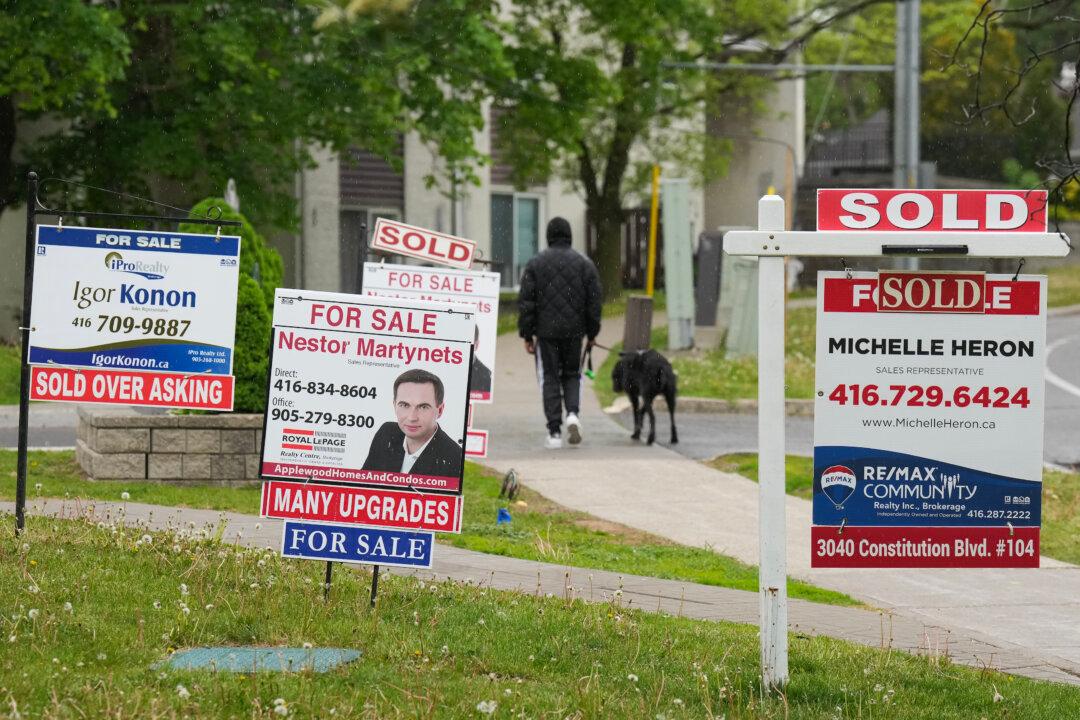The Oct. 30 deadline to relinquish banned firearms before their possession becomes a criminal offence is looming, but the ambiguous definition of what constitutes those weapons warrants an extended period of amnesty, says a non-governmental partner in the federal Firearms Buyback Program.
“There’s a current prohibition on the Canadian Criminal Code for these firearms and the only thing that exempts you from prosecution is the amnesty,” Canadian Sporting Arms and Ammunition Association (CSAAA) president Wes Winkel told The Epoch Times.




